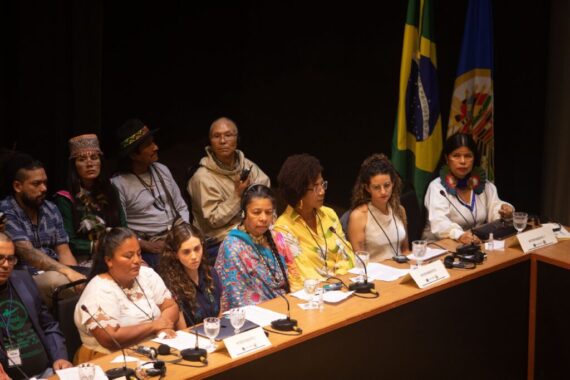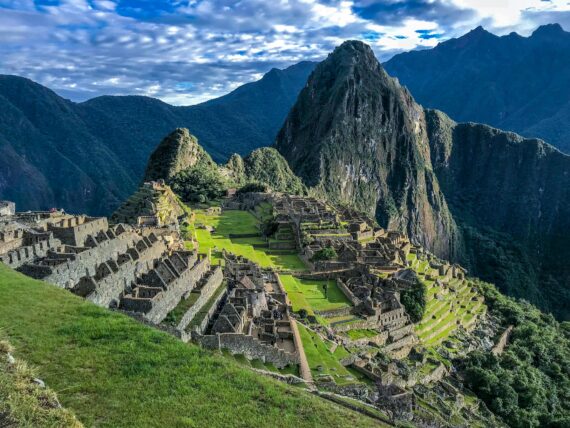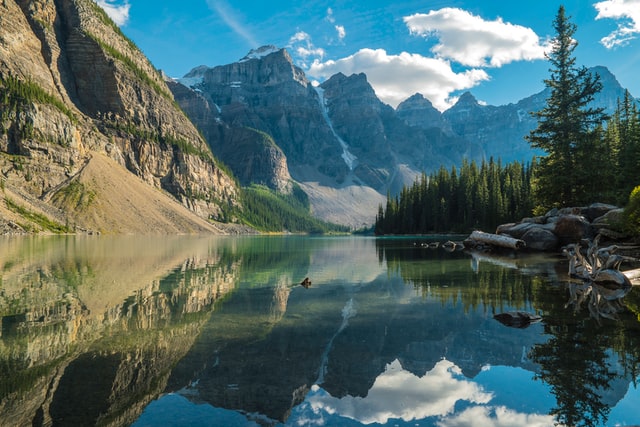The Inter-American Court of Human Rights’ (IACtHR) advisory opinion on human rights and the climate emergency (AO-32/25) addresses numerous dimensions of the climate crisis, setting an important precedent for the protection of our planet. This post focuses on one particularly significant development: the IACtHR’s recognition of Nature as a subject […]
Rights of Nature
In the recent session of Peru’s Congress, the Andean, Amazonian, Afro-Peruvian, Environmental, and Ecological Affairs Committee approved Legislative Reports advocating for nature’s legal recognition as a rights-bearing entity. These reports establish specific legal protections to ensure nature’s existence, natural development, regeneration, restoration, and evolution. In light of this development, this […]
On Earth Day, citizens all around the world make a concerted effort to reflect upon their relationship with nature, and collectively share what specific actions we can take to protect our planet against threats such as air and water pollution, deforestation, species decline, extreme weather events, and more — all of which are exacerbated by climate change.
The “Rights of Nature” movement is fundamentally rethinking humanity’s relationship with nature, and it is gaining momentum. It is led by activists advocating for ecosystems such as rivers, lakes, and mountains to bear legal rights in the same, or at least a similar, manner as human beings. This movement is striving for a paradigm shift in which nature is placed at the center and humans are connected to it in an interdependent way, rather than a dominant one. How would such a legal system work, and could giving rights to nature help in the legal battle against climate change? A few case studies offer some insight.



